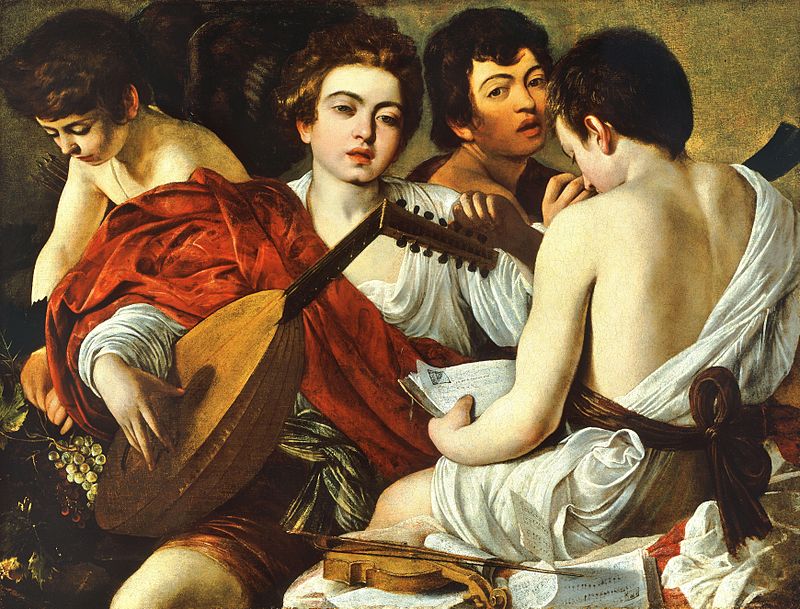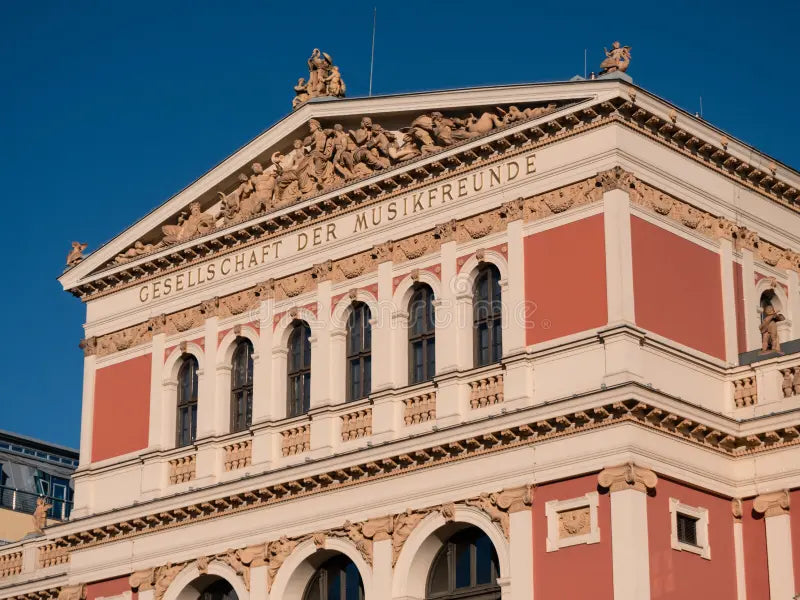
The ORIGIN
Concerto
The concerto, a musical form characterised by the interplay between a soloist or a small group of soloists and a larger ensemble, has undergone a fascinating evolution throughout music history. Its origins lie in the late 16th century, emerging as a genre of vocal music where instruments provided independent lines rather than mere accompaniment. The Baroque era marked a pivotal shift towards purely instrumental concertos, with composers like Corelli and Torelli establishing the "concerto grosso," a form that contrasted a small group of soloists (concertino) with a larger ensemble (ripieno). Bach's contributions were particularly significant, as he expanded on this foundation, showcasing intricate counterpoint and architectural grandeur in his Brandenburg Concertos and keyboard concertos, which foreshadowed the rise of the solo concerto. Vivaldi's "The Four Seasons" also solidified the violin concerto's expressive potential during this period.

The Rise of the Solo Concerto
Mozart and Beethoven
The advent of the Classical era marked a significant metamorphosis in the concerto's form, most notably with the ascendance of the solo concerto, which placed a singular instrumental virtuoso at its heart. Wolfgang Amadeus Mozart, a luminary of the period, profoundly shaped the Classical concerto, particularly the piano concerto, elevating it to unprecedented heights of sophistication and artistic eloquence. His vast catalogue of piano concertos, alongside his contributions to the violin and other instrumental concertos, remain pillars of the classical repertoire. Ludwig van Beethoven, building upon Mozart's foundation, further expanded the concerto's dramatic and emotional scope, infusing it with a profound sense of intensity and depth, as exemplified by his majestic 'Emperor' Piano Concerto.

A Virtuoso's Stage
Beyond Classical Boundaries
The Romantic epoch witnessed an explosion of virtuoso concertos, where composers such as Frédéric Chopin, Franz Liszt, and Pyotr Ilyich Tchaikovsky crafted works designed to showcase the extraordinary technical abilities of solo performers. This era also saw a profound expansion of the concerto's emotional landscape, with compositions like Johannes Brahms's Violin Concerto and Sergei Rachmaninoff's Piano Concertos delving into previously uncharted depths of expressive power. In the 20th and 21st centuries, composers continued to challenge the concerto's traditional boundaries, incorporating a diverse array of musical styles and techniques. Today, the concerto encompasses nearly every instrument, with notable examples ranging from Béla Bartók's masterful 'Concerto for Orchestra' to the contemporary works of composers like John Williams, demonstrating the form's enduring adaptability and vitality.
